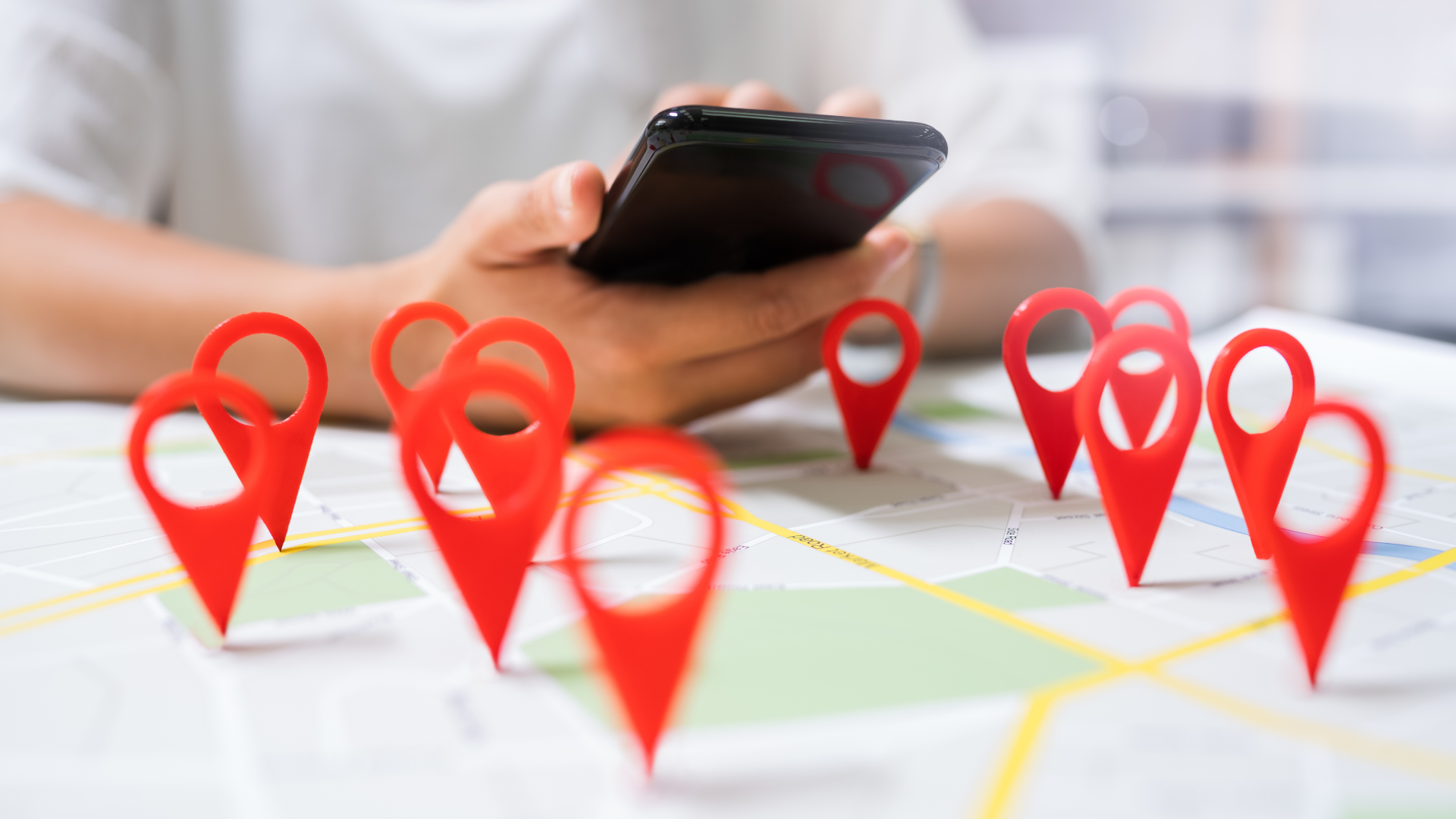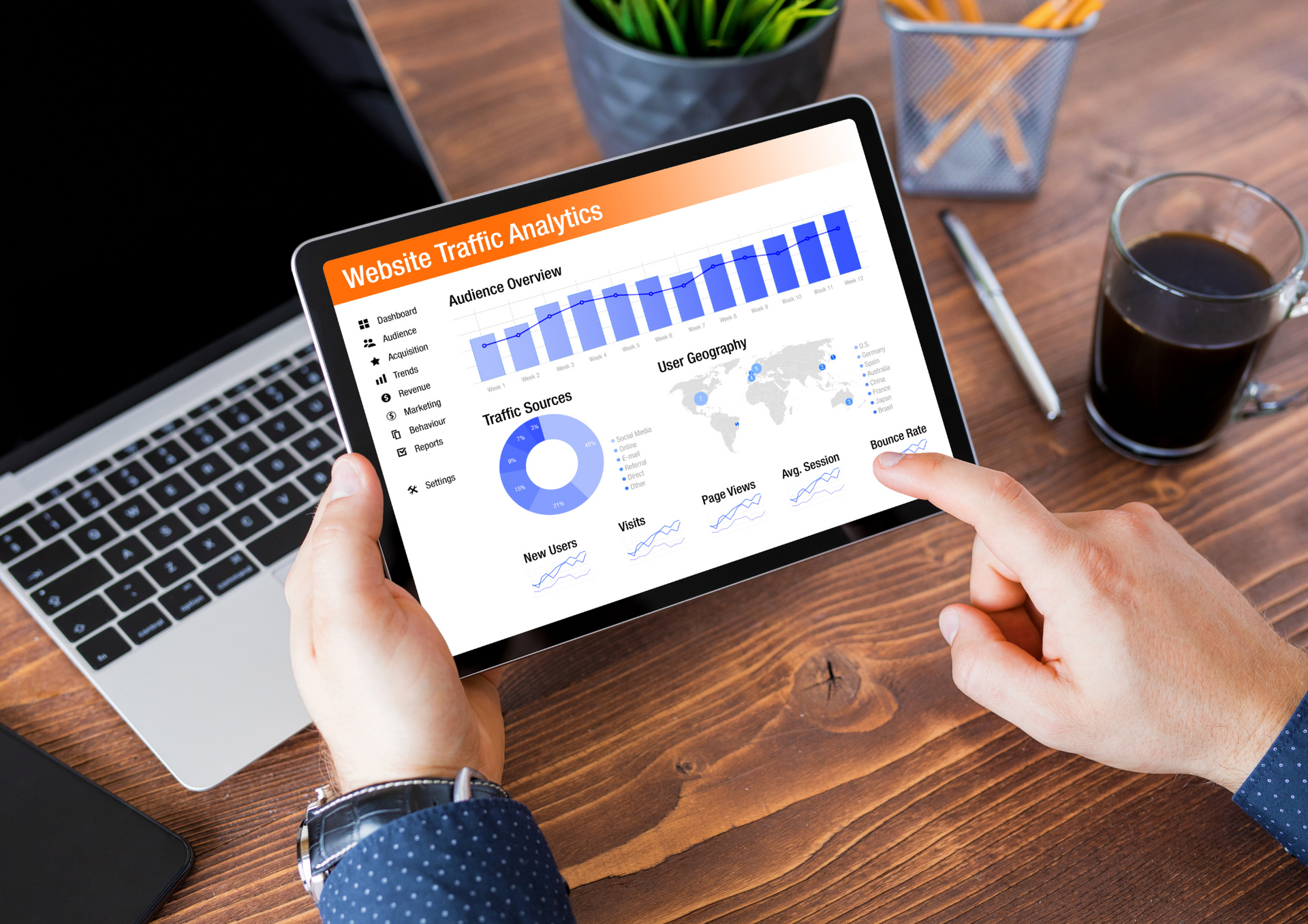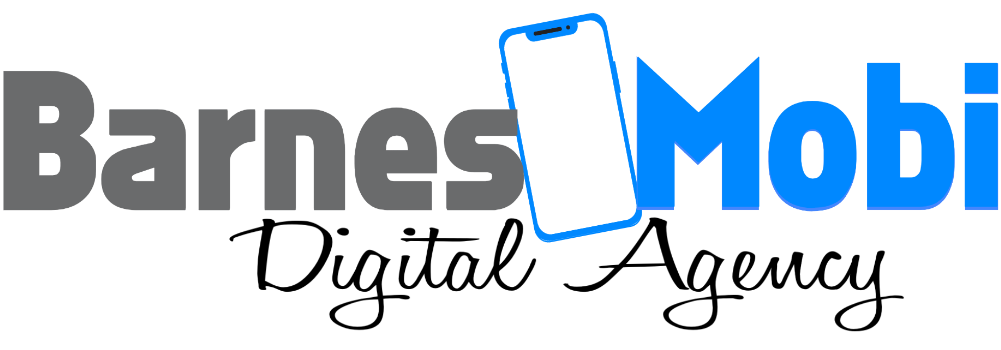
WHAT IS SEO AND CAN A SMALL BUSINESS TAKE ADVANTAGE OF IT?
SEO, or search engine optimization, is the process of making your website more visible to people searching online. In other words, it’s how you get people to see your site when they search for products and services like yours.
Search Engine Optimization can be a complicated topic—but don't let that scare you! I'll break down the basics of SEO so that you can see how this strategy works for small businesses and why its important for your brand.
In this post, I will discuss 12 talking points of what SEO is and it's advantages for your small business.
talking points
1. What is Search Engine Optimization (SEO)?
2. How Does SEO increase website ranking?
3. On-Page SEO
4. Off-Page SEO
5. Local/Google Map SEO
6. ADD NAP TO EVERY PAGE OF YOUR WEBSITE
7. Obtain links from high authority websites in your niche
8. Add noteworthy citations to highly regarded local directories
9. Don’t be afraid to optimize for slightly longer-tail keywords
10. Don’t forget about Google My Business Insights
11. SEO WILL IMPROVE YOUR WEBSITE'S ONLINE VISIBILITy
12. SEO TIPS AND TRICKS, 2023
TALKING POINTS explained:

1. WHAT IS SEARCH ENGINE OPTIMIZATION (SEO)?
Search Engine Optimization (SEO) is the process of optimizing your website for search engines. Think of it as a marketing strategy that helps you to generate more organic traffic from searches than you would otherwise get.
SEO is a way to increase your chances of being found on search engines like Google, Yahoo, and Bing. It's not as simple as building links or getting more social media followers, though.
SEO isn't just about getting your website ranked in the top 10 of Google search results. It's also about making sure that your site is easy to use and mobile-friendly. This way, people will want to visit your website and share it with their friends and family.
The goal of SEO is to help your website rank higher in search engines so that more people find it when they're searching for something you offer. You want people to find exactly what they need when they visit your site — whether it be information, a purchase, or a service.
One example of this is a blog post about cats, which you can do by writing an article on how to care for cats or choosing keywords based on what people are searching for when they're looking for information on caring for cats (e.g., "how to take care of my cat" and "best food for my cat")

2. HOW DOES SEO INCREASE YOUR WEBSITE RANKING?
SEO helps you get more traffic from search engines. By doing some simple SEO on your website, such as:
- Adding keywords to your copy and meta descriptions that people are searching for. For example, if someone searches “coffee tables” then you might want to add the keyword “coffee table” in the title of one of your posts about coffee tables or something similar.
- Fixing broken links on your site. This is a common
problem with some blogs where it can be hard for users to see all the images and videos on a page because they point somewhere else instead of showing up where they should show up (i.e., right where I clicked). Search engines won't like this either!

3. ON-PAGE SEO
There are many ways to improve your site's SEO. Some of the most important aspects include:
- The page title and meta description can help with search rankings for specific keywords.
- H1 tags are used to emphasize the most important content on a page (think "Headline" or "Header").
- URL structure, which should be unique per website and make sense when read out loud (this also helps with search engine optimization).
- Internal linking within your site—links that connect pages so they're easier for users to navigate around.
- Content quality—the more relevant it is to what users want in a given niche market, the better! You don't have much control over this one but if you can do well here then it'll certainly help boost traffic levels across your whole website since people will be able to find what they're looking for quicker than before! This means writing more detailed articles about topics related directly to topics on which people frequently search online including news updates/blog posts/how-to guides etcetera...
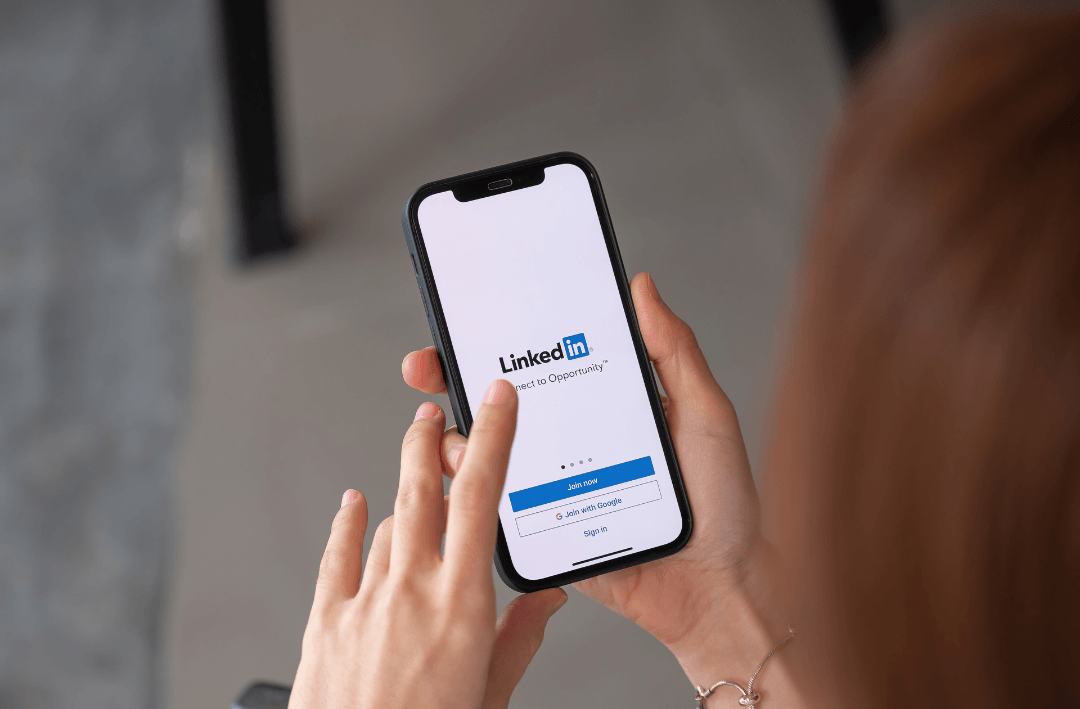
4. OFF-PAGE SEO
Off-Page SEO refers to any non-website link that you get. Here are some examples:
- Links from other websites (like a blog post or article you wrote that gets posted to another site).
- Links from social media (a page on Facebook, Twitter, LinkedIn, and so on), including shares and retweets.
- Links from directories (a listing in an online directory).
- Links from your website
You can also get links through several other methods: by participating in forums; writing guest posts; providing an infographic for someone else's blog post; submitting press releases; using email marketing to build relationships with journalists or bloggers who write about the topic you're interested in; creating press kits for journalists covering your industry; etc.

5. LOCAL/GOOGLE MAP SEO
Local SEO is important because it allows local businesses to be found on Google Maps, which is a free local search engine.
Google Maps has quickly become one of the most popular sources of traffic for many small businesses, as well as large national chains. Local SEO helps your business get listed on Google Maps and make sure that your store or service shows up when users search for products or services in your area.

6. ADD NAP TO EVERY PAGE OF YOUR WEBSITe
When it comes to local SEO, the most important thing you can do is make sure that your name, business address, and phone number (commonly referred to as NAP) are consistent across all pages on your site.
The same goes for formatting: Make sure everything matches up so that search engines will know where one piece of information ends and another begins. This allows them to understand what kind of information they should expect from a particular page or section of content without having to guess or look at other parts of the site for context clues.
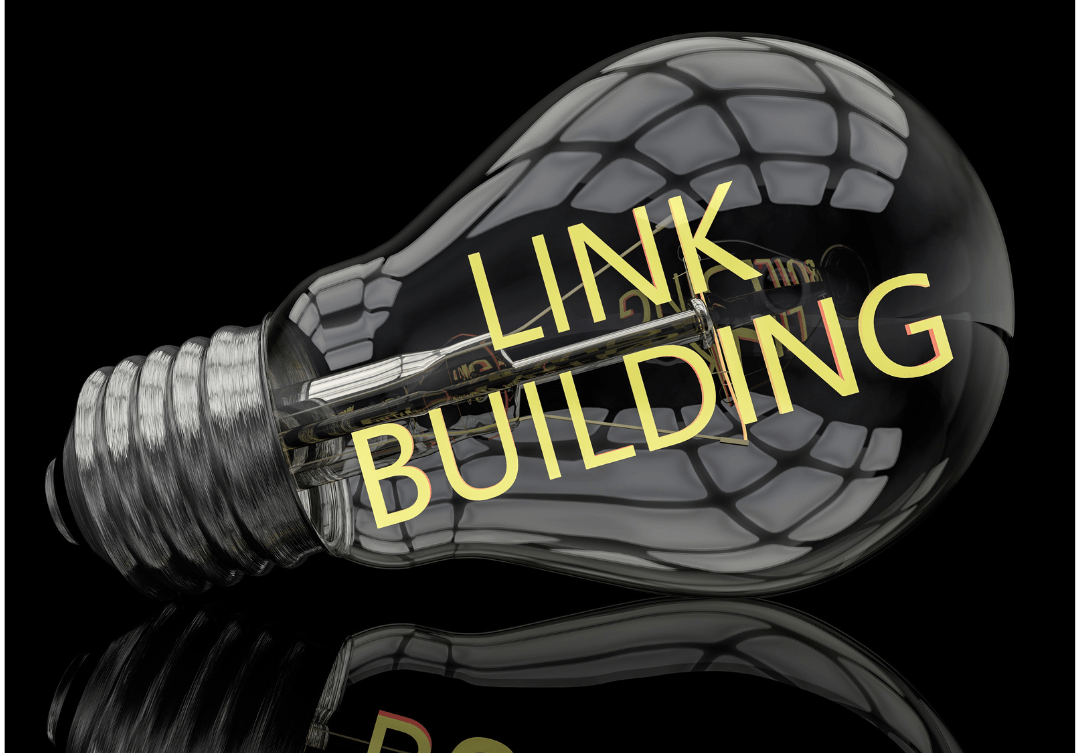
7. OBTAIN LINKS FROM HIGH-AUTHORITY WEBSITES IN YOUR NICHe
The best way to get your website to rank well on Google is to provide excellent content and get links from other websites.
So, how do you get links?
Here are a few things you should know about links:
Links are the currency of the web. Google, Bing, and Yahoo use links as a measure of relevancy for their search results. These links can come from other websites or other sources (such as social media). In general, if you have a link on a high-authority website that you want to rank for, this will help your chances of getting into those top 3 spots on Google's first page when someone searches for that keyword phrase.
The more high-quality sites linking back to your website, the better your chances are of ranking well in Google's organic search results. However, it's important not to overdo it by building too many low-quality links or you could get penalized by Google for having too many low-quality backlinks.
The goal is to build "natural" links that make sense from a reader's perspective and don't look like they were built just for SEO purposes only (or worse yet, paid for).
If you're a small business owner and you don't have an army of SEO experts at your disposal, let us help.

8. ADD NOTEWORTHY CITATIONS TO HIGHLY REGARDED LOCAL DIRECTORIES
The more citations you have, the better. The more accurate they are, the better.
Here are a few tips to help you get started:
Add noteworthy citations to highly regarded local directories like Yelp, Trip Advisor, etc. Try to add your business to the most reputable ones. Add your business to the most relevant ones. Add your business to the most visited ones. Add your business to the ones that have the most traffic (aka Google Places).
Make sure that each of these websites has a physical address listed for your business. If it doesn't have an address then add one yourself by going into edit mode on each site and entering it in manually (make sure it's accurate). This will help Google understand that these sites are legitimate sources of information about your business and thus should be taken seriously when ranking pages about you.
Make sure that all of these sites show up in organic search results for queries related to what you do (e.g., "plumbers in Chicago"). This will help Google see that people are interested in learning about you through search engines, which can increase your rankings over time if you're already getting traffic from other sources (social media, paid advertising, etc.).
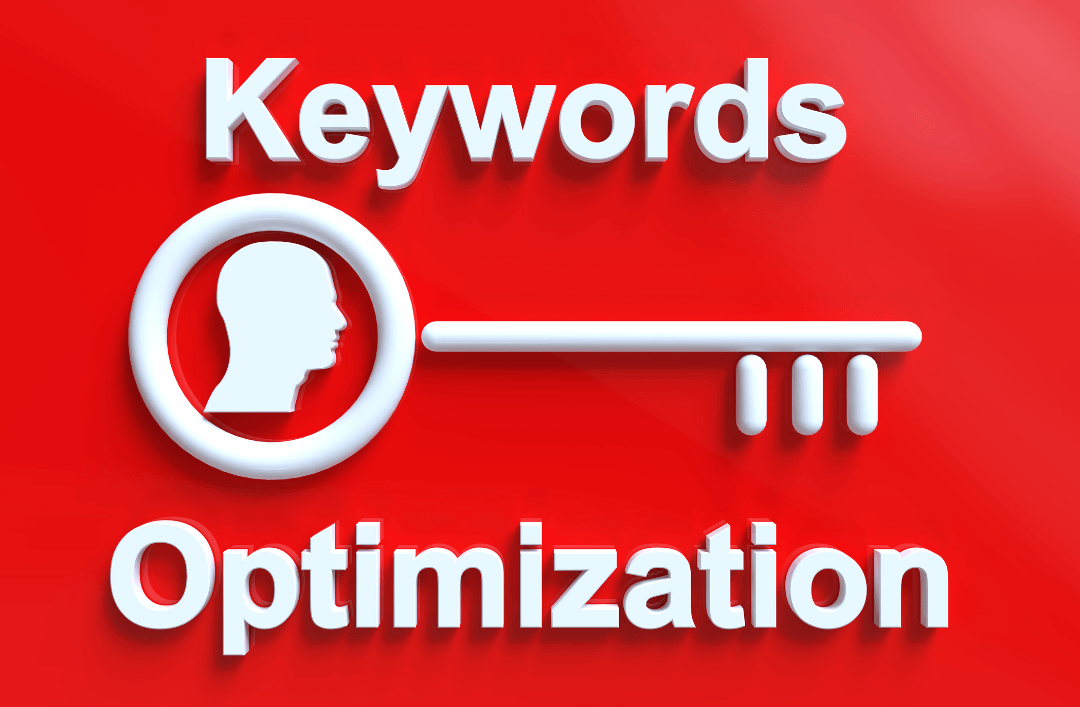
9. DON’T BE AFRAID TO OPTIMIZE FOR SLIGHTLY LONGER-TAIL KEYWORDS
You might think that the best way to get your site ranking higher is by going after shorter more popular keywords, but this isn’t always true. The reason has to do with competition and search volume.
Long tail keywords are more likely to be more specific and less competitive than their short counterparts, which can make them easier to rank for. They also typically have higher search volumes because they are so specific. This means that if you can rank for a long tail keyword, it will likely bring in more traffic than if you were targeting a shorter keyword with much higher competition.

10. DON’T FORGET ABOUT GOOGLE MY BUSINESS INSIGHTS
Google My Business Insights is a free tool that you can use to track your business’s online reputation. You can use this tool to track the performance of your online listings and measure how your business is doing online.
This data will help you improve upon areas where you may need improvement, and it can be accessed from any device.

11. SEO WILL IMPROVE YOUR WEBSITE'S ONLINE VISIBILITY
Search engine optimization (SEO) is the process of improving your website or blog's online visibility in search engines. When you optimize your site, you make it more likely to be found by people who are searching for specific terms associated with your business.
SEO is important because it allows local businesses to be found on Google Maps, which is a free local search engine. Local SEO also helps companies get found on other local directories like Yelp and TripAdvisor.
If you're still not sure if SEO is right for your business, here are some of the most common questions answered:
What is SEO?
It's the process of optimizing your website or blog so that it ranks higher on search engines like Google and Bing.
Why should I invest in SEO?
The number one reason small businesses invest in SEO is that they want to drive more traffic to their website or blog. This can lead to increased sales and leads for businesses across all industries.
How much does it cost?
The cost of hiring an agency or consultant will depend on the size of your business and what services you need to be provided — from simply optimizing the content on your website to managing social media accounts and creating videos that drive traffic back to your site.
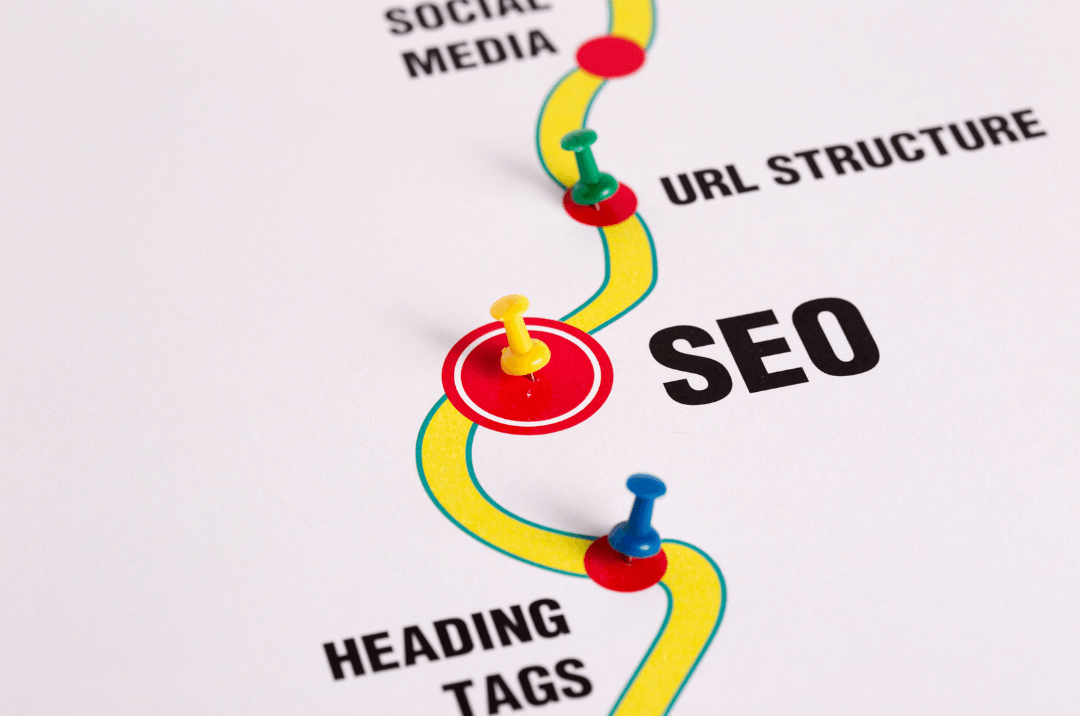
12. seo TIPS AND TRICKS 2023
SEO is one of the most important things when it comes to getting more traffic. But, what are the best SEO tips and tricks in 2023?
Here are some of the best tips and tricks that you should know about in 2023:
- Research Keywords – Use keywords in your title tag. Keyword research has long been an important part of any SEO campaign.
- Long-Tail Keywords – Use long-tail keywords in your content. While there are still many ways to optimize for keywords, in 2023 it will be especially important to focus on long-tail phrases and related keywords. These types of phrases are easier to rank for than more generic terms, which means they usually lead to higher conversion rates as well. The easiest way to find these long-tail keywords is by using a tool like the Google AdWords Keyword Planner or SEMrush’s Keyword Tool.
- Schema Markup – Use Schema markup for better search engine optimization results and higher click-through rates on search results pages.
- URLs – SEO-friendly URLs are essential for better ranking in search engines like Google, Bing, and Yahoo!
- Images/Videos – Optimize images to make them more search engine friendly, which will also increase their visibility on social networks like Facebook and Pinterest.
- Social Media Share Buttons – Make sure you include social media share buttons on all your posts, so that they can be shared easily by readers across different platforms such as Facebook, Twitter, and LinkedIn, etc., which will help you rank higher in the SERPs (Search Engine Results Pages).
- Links – Link building is still an important aspect of SEO and should not be ignored at any cost!
- Optimize Your Site for Local Search – Google has said that they use a variety of signals to determine how to rank websites in local search results. So if you want your business to show up in local searches, then you should make sure that it’s represented on the web properly.
- Optimize for Mobile – Google has made it clear that you need to be using mobile-friendliness as a ranking signal. So if your site isn’t mobile-friendly, then it could hurt your rankings.
- Optimize for Speed – Google has also said that they’re looking at how fast your site loads as a ranking signal. So if your site isn’t fast, then this could hurt your rankings.
- Create a Blog – A blog is one of the best ways to help your website rank in Google. It’s also a great way to drive traffic and build an audience while building your brand at the same time!
FINAL THOUGHTS
SEO is optimizing your website to improve its visibility in search engines. It's a long-term strategy that needs to be done consistently if it's going to work. You can't just do it once and expect all your problems to go away; instead, it should be a continuous process that you continue to optimize until it works for your business.
You can now see that SEO is a must for any small business looking to get ahead and stay ahead of its competition. It is not just about ranking higher on Google, but also increasing your brand awareness across all mediums.
I hope you enjoyed this blog post on what is SEO and how it can help your small business!
If you are looking for an effective SEO marketing strategy for your small business, let us help.
Contact Us and we can create a strong SEO campaign tailored just for your business with proven results that your business can take advantage of.
Want to learn more about SEO?, check out our other articles on the topic:
RECENT talking points
by Arthur Barnes
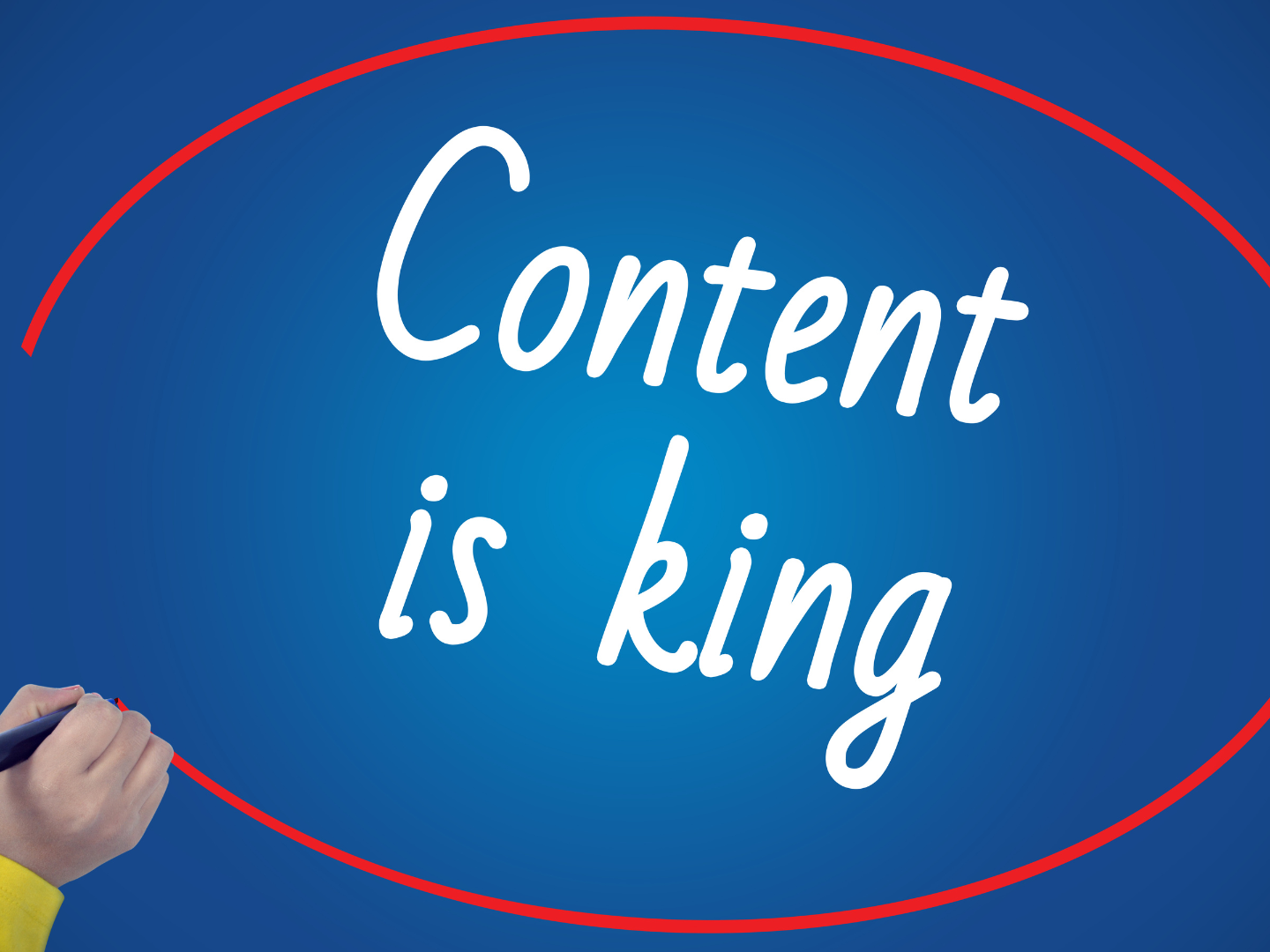





info@barnesmobi.com
Join the Newsletter
We will get back to you as soon as possible
Please try again later
All Rights Reserved | BarnesMobi

